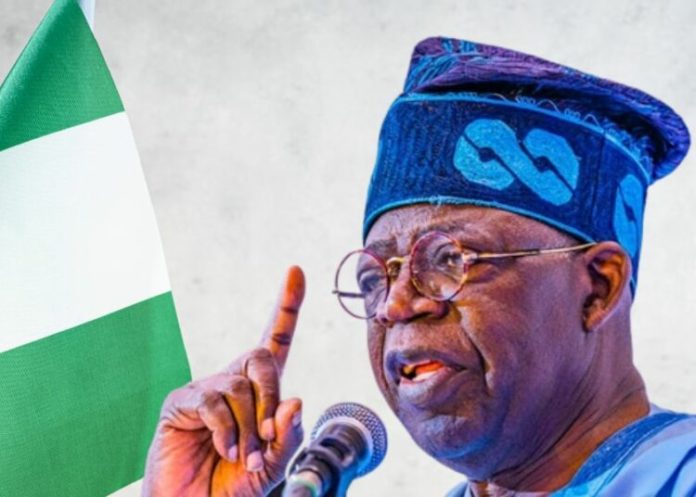Abuja, Nigeria* – President Bola Ahmed Tinubu announced new measures aimed at strengthening Nigeria’s oil sector by transitioning to Naira-based transactions for crude oil and refined products. Speaking on Tuesday at the State House, he praised the progress made by the Implementation Committee for this initiative and encouraged members to address any early-stage challenges.
The decision to trade oil in Naira, according to President Tinubu, is intended to remove exchange rate pressures that have historically affected Nigeria’s oil economy. He highlighted that this approach should avoid pitfalls experienced over the past four decades.
“Any solution we propose for Naira-based oil and refined product sales must keep us from returning to outdated methods,” said President Tinubu. “Adjustments in costs and revenue may be necessary, but reverting to old models is not an option.”
He further urged stakeholders—including the Nigerian National Petroleum Corporation (NNPC) Ltd and Dangote Refinery—to focus on improving the economy and enhancing the well-being of Nigerians. A priority, he added, is reducing reliance on imported fuel by boosting local production and consumption, thereby freeing foreign exchange for real-sector investments.
The President also recommended using Afreximbank as a settlement institution for Naira-based crude pricing, noting that the bank is already engaged as a financial advisor.
“The market needs to drive our decisions. With market-determined profits and losses, we can establish common ground between independent marketers and the government,” President Tinubu explained. “I want these issues resolved to save time and resources in the future.”
The shift aims to create long-term stability and foster energy security for Nigeria. He noted that these policies would support business leaders like Alhaji Aliko Dangote, allowing greater predictability for private-sector investments in the oil sector.
Finance Minister Wale Edun echoed these sentiments, confirming that the administration remains steadfast in its decision to implement Naira-based oil sales. He clarified that the government would not influence exchange rates within the oil sector.
Aliko Dangote, CEO of Dangote Group, reported that the Dangote Refinery holds over 500 million liters of fuel in reserve, having already supplied 400 million liters to the economy. He suggested that the refinery could work with NNPC-managed facilities to meet Nigeria’s daily demand of 32 million liters of petrol.
Federal Inland Revenue Service (FIRS) Chairman Zach Adedeji, who leads the technical committee, added that local refining capacity would eliminate the need for imports, positioning Nigeria as a global hub for refined oil exports.
Attendees at the meeting included high-ranking officials such as Prof. Benedict Oramah of Afreximbank, Budget Minister Abubakar Atiku Bagudu, NNPC Group Managing Director Mele Kyari, and others involved in regulatory, maritime, and port management.
This initiative signals the Tinubu administration’s ongoing commitment to reshaping Nigeria’s oil sector through financial innovation, local production, and private-sector partnerships.


